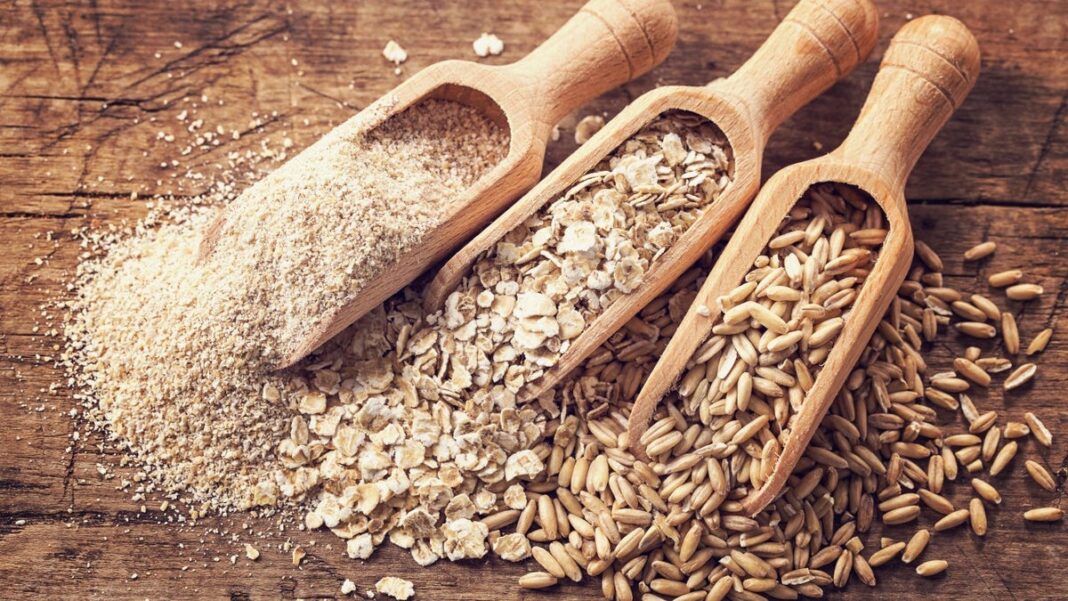Looking for healthy, strong hair? Dermatologist discusses the benefits of rice water
What’s the first characteristic you notice in someone? For many, it’s their hair—its length, texture, color, or shine can catch your eye.
Typically, a human head has about 100,000 hair follicles. However, hair loss is a common experience; we naturally lose about 50 to 80 hairs each day.
This loss has led many to seek out an age-old beauty remedy: rice water. For centuries, especially in Asia, rice water has been used to foster smooth and healthy hair. This nutrient-filled liquid has gained popularity on social media, with claims ranging from aiding hair growth to reducing frizz.
But is rice water really effective?
Dr. Shilpi Khetarpal, a certified dermatologist and associate professor of dermatology at the Cleveland Clinic Lerner College of Medicine, explores its possible advantages and how to use it.
What exactly is rice water?
Rice water is a starchy liquid created by soaking rice or boiling it in water, Khetarpal clarifies. The starch content can vary between roughly 60% to 90%, depending on the type of rice used.
Many people discard the water after cooking rice, but it can potentially be beneficial for hair, she suggests.
Using rice water for hair health is not just a trend. “Historically, various Asian cultures have utilized it for home remedies aimed at maintaining skin and hair health,” remarks Khetarpal.
The benefits of rice water for hair
According to Khetarpal, rice water contains an antioxidant called inositol, often dubbed a “hair rejuvenator.” It may support faster hair growth and contribute to healthier, shinier strands.
Additionally, rice water is rich in nutrients like Vitamin B, Vitamin E, magnesium, manganese, zinc, and fiber. Khetarpal highlights that zinc is crucial for the hair growth process.
According to her, “The benefits could stem from the combination of inositol and these vitamins and minerals.”
Khetarpal mentions the Huangluo village in China, where the women are known for their long hair. “This village attributes the use of rice water as a part of their haircare routine to achieve such lengths,” she shares.
In many Eastern traditions, rice water has also been employed as a natural detangler, Khetarpal adds.
How do you create rice water?
Making rice water at home is simple. After rinsing the rice, save the water.
“There’s no special trick,” Khetarpal states. “You can either let the rice soak in water for about 30 minutes or boil it and use the remaining water.”
Rice water can be applied in various ways. One method is to put it in a spray bottle and spritz it on your hair directly.
You may also leave it on for several hours or overnight before rinsing it out, Khetarpal notes. Soaking the hair in rice water is another approach that “appears to yield the best results,” she adds.
While Khetarpal does not explicitly endorse rice water for hair health, she suggests, “If someone is interested in trying it, it is unlikely to cause harm, but its effectiveness is still uncertain.”
She does advise against using rice water for individuals with scalp psoriasis or eczema, saying, “We wouldn’t want to escalate the condition,” Khetarpal cautions.
For those with “normal and healthy hair and scalps,” she encourages them to try rice water to determine any potential benefits.
It’s important to remember that hair typically goes through a growth cycle of three to four months. Therefore, if someone incorporates rice water into their routine, Khetarpal suggests: “Give it three or four months before deciding if it’s effective.”

